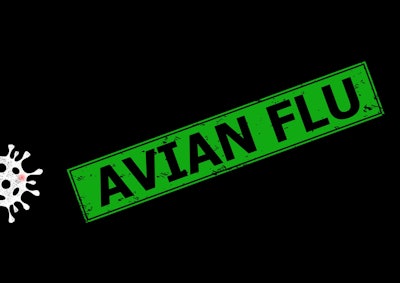
Highly pathogenic avian influenza (HPAI) continues to evade commercial poultry flocks in Brazil, but a new report from the World Organisation for Animal Health (WOAH) shows that the virus remains present in the country’s wild bird population.
According to the report, there have been 640 cases of HPAI in Brazilian wild birds, and of those, 580 of the birds to test positive were dead.
Those bird species include: great black hawk, roadside hawk, gray-headed gull, black-necked swan, tropical screech owl, common tern, royal tern, neotropic cormorant, South American tern, brown booby, Cabot’s tern and magnificent frigatebird.
Rest of world has eyes on Brazil
During the recently held Rabobank BBQ Index Virtual Media Event, Rabobank Protein Analyst Christine McCracken said there is a global interest in Brazil’s HPAI situation, as the South American country is the world’s largest poultry exporter and to date has not been subjected to any avian influenza-related trade restrictions. WOAH standards state that HPAI infections in wild birds and backyard poultry should not affect international poultry trade.
“The South American (poultry) industry has been hit in most of the countries that do produce chicken, with the exception of Brazil, which has only had it so far in wild animals,” McCracken said.
But some of Brazil’s wild bird cases have been confirmed just a few miles of where there is commercial poultry production.
“That’s raising a lot of concerns for their industry, but it creates some excitement as we think about global trade and the opportunity that might be created if in fact it does hit that market,” she said.


















